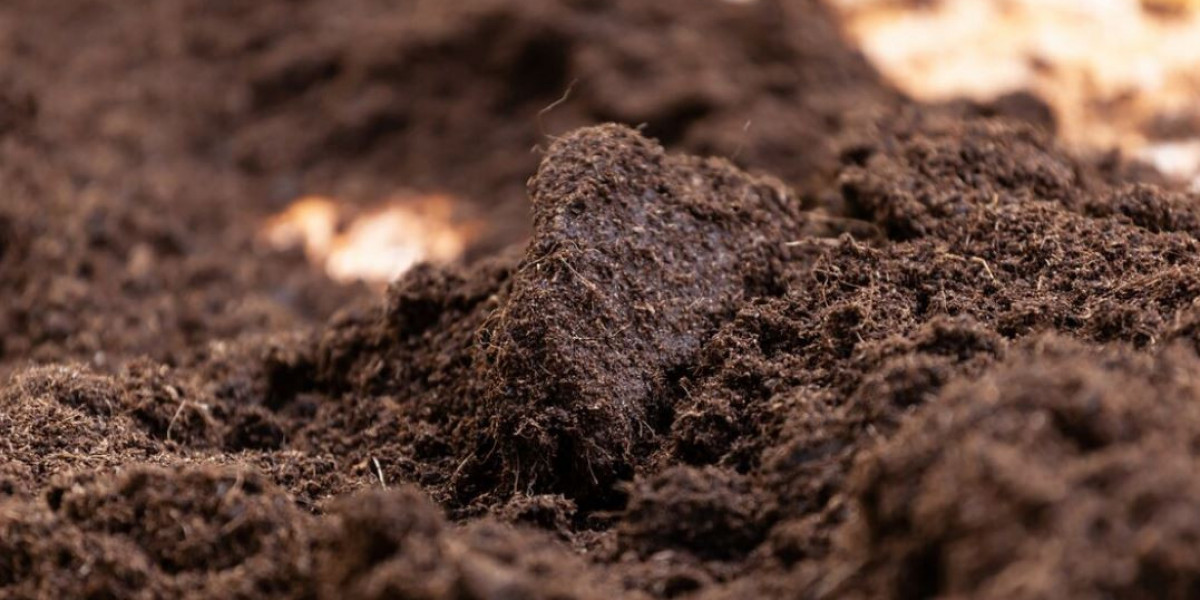Topsoil suppliers provide the uppermost layer of soil, which is a vital component of the Earth's ecosystem. This layer, typically the top 5 to 10 inches of soil, is rich in organic matter, nutrients, and microorganisms. The topsoil supplied by these experts is essential for sustaining life on our planet due to its numerous critical functions.
1. Nutrient Supply for Plants
Topsoil is teeming with nutrients such as nitrogen, phosphorus, and potassium, which are essential for plant growth. These nutrients are derived from decomposed organic matter and are continuously recycled within the soil. Plants absorb these nutrients through their root systems, enabling them to grow, produce food, and sustain life for a variety of organisms.
2. Water Retention and Regulation
Topsoil has excellent water-holding capacity due to its composition of organic matter and small soil particles. This ability to retain moisture is crucial for plants, especially during dry periods. Additionally, topsoil helps regulate the flow of water, reducing runoff and erosion, which protects against soil degradation and loss.
3. Habitat for Organisms
Topsoil is home to a diverse array of organisms, including bacteria, fungi, insects, and earthworms. These organisms play a key role in breaking down organic matter, recycling nutrients, and maintaining soil structure. Earthworms, for example, aerate the soil and improve its fertility by mixing organic and mineral components.
4. Carbon Storage
Topsoil acts as a significant carbon sink, sequestering carbon dioxide from the atmosphere. This process helps mitigate the effects of climate change by reducing the amount of greenhouse gases in the air. Organic matter in the topsoil, such as plant roots and decayed leaves, stores carbon and reduces its release into the atmosphere.
5. Support for Agriculture
Agriculture relies heavily on healthy topsoil to produce food, fiber, and fuel. Crops grow best in nutrient-rich topsoil, and maintaining its health is essential for food security. Practices such as crop rotation, cover cropping, and reduced tillage help preserve and enhance topsoil quality.
6. Erosion Prevention
Topsoil plays a crucial role in preventing soil erosion. Its structure and composition help bind soil particles together, reducing the likelihood of erosion by wind and water. Vegetation cover on topsoil further protects against erosion by stabilizing the soil and reducing the impact of raindrops.
7. Environmental Filtration
Topsoil acts as a natural filter, trapping pollutants and preventing them from entering water bodies. It filters out harmful substances, such as pesticides and heavy metals, protecting groundwater quality and ensuring safe drinking water.
Conclusion
The importance of topsoil cannot be overstated. It supports plant growth, regulates water, provides habitat for countless organisms, stores carbon, supports agriculture, prevents erosion, and filters pollutants. The health and sustainability of our planet depend on the preservation and careful management of topsoil. Protecting this invaluable resource is essential for the continued survival and prosperity of life on Earth.







